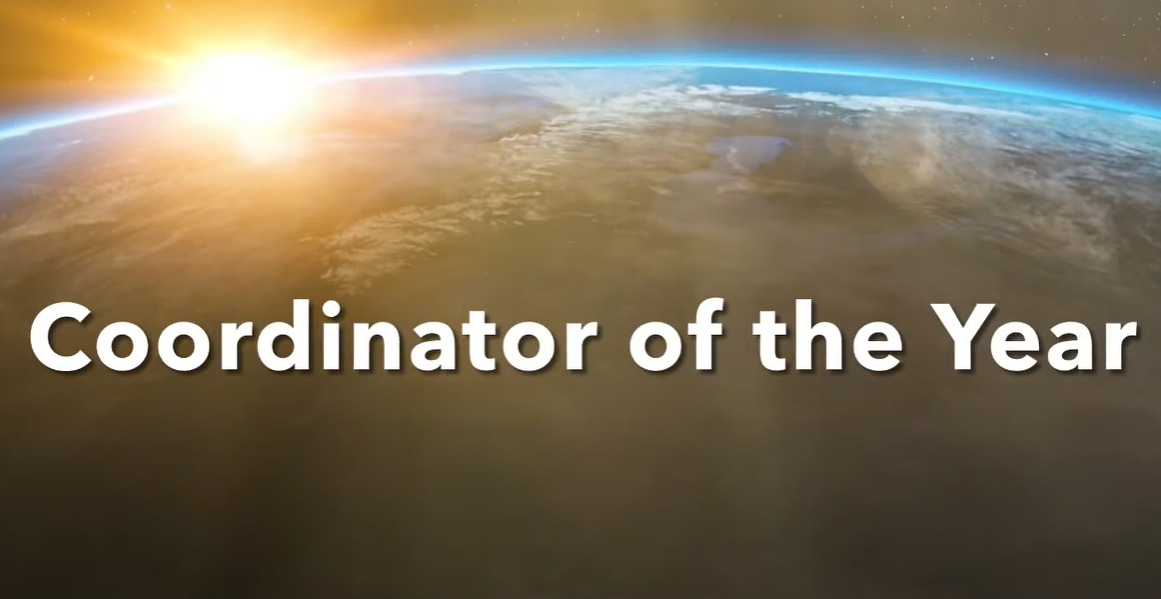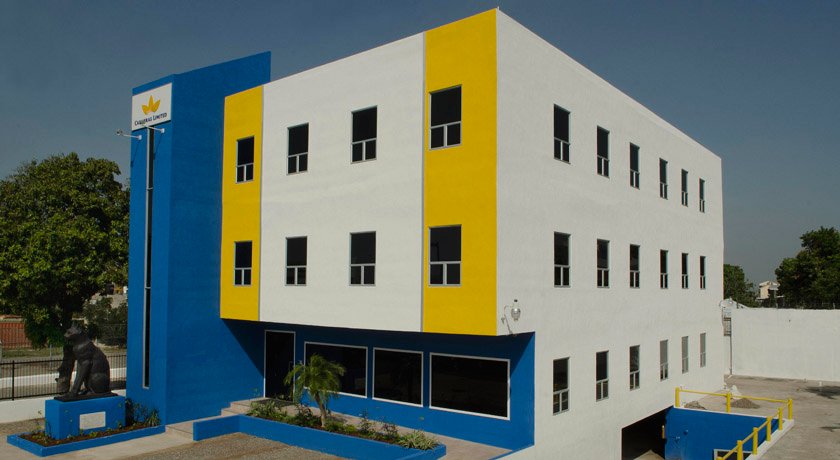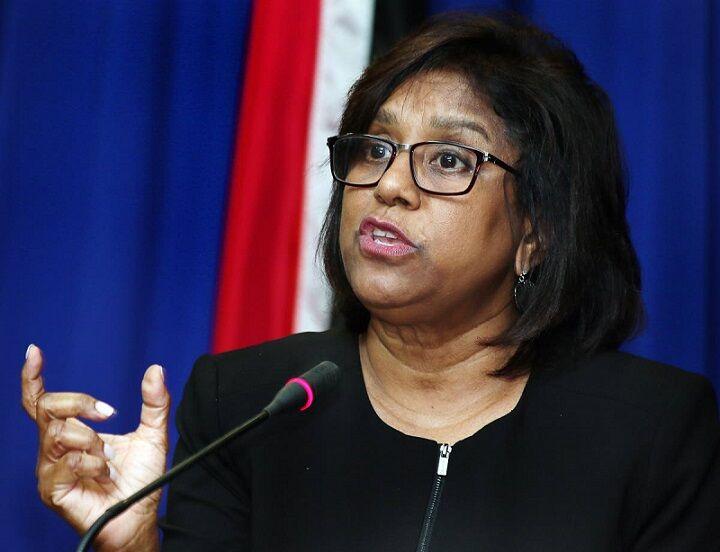In this edition of Finsight Spotlight: ChangeMakers, Economic Development Advisor, Richie Santos Diaz hosts Alejo Campos – Regional Director of Crime Stoppers in the Caribbean, Bermuda, and Latin America in an exclusive interview for Finsight.news shedding light on the work Crime Stoppers does to stop illicit activity in Latin America.
Latin America recorded massive growth in tech adoption in 2021, as well as the development of the use of cryptocurrency transnationally. With that, bad actors are getting more sophisticated and moving aggressively into cyberspace to facilitate illegal moves such as money laundering using blockchain and Fintech.
In the context of a high criminal activity region, how can authorities use digital transformation to fight crime, and what is the other side of the (crypto)coin? Watch the exclusive interview with Alejo Campos!
What is Crime Stoppers?
Crime Stoppers is a global organization initiated in the United States of America in 1977, which has since been working to create an ecosystem where communities connect properly with local and national authorities to fight against transnational crime. The main challenge that the organization has identified in achieving the aforementioned is that community members are reluctant in sharing information with the police or prosecutors as it turns out to be very dangerous for them. This is why Crime Stoppers is focused on being the anonymous and confidential bridge that connects communities and local authorities and has programs that support governments as well because they need better laws, technical and financial capabilities to be able to receive this anonymous information to help them to reach results. Crime Stoppers is also involved in Social Campaigns to help communities fully understand why they need to come forward with information they may have about criminals and their activities. Currently, it is present in El Salvador, Guatemala, Paraguay, Panama, Argentina, Columbia, and Mexico.
Who is Alejo Campos?
Originally from Argentina Alejo last worked in the country as a coordinator of the government cabinet, after which he moved to El Salvador to work with a United Nations Development Programme (UNDP) task force officer for many years. After that, he worked in Mexico, the USA to Guatemala, and now in Panama.
Alejo’s role in Crime Stoppers allows him to be involved in the development of a new model of getting information required to stop crime within the Latin American region.
Can digital adoption work in stopping crime in Latin America or the rest of the world?
Cryptocurrency is definitely the future. Whilst in El Salvador a few months ago, Alejo recounts engaging with a local community there regarding the Bitcoin Law. In his estimation, it looks positive, however appropriate regulation is needed, not just law. Regulation will prevent the situation of turning this good opportunity to be an open door for criminal activity.
Once digital crimes can work transnationally via cryptocurrency more regulation and awareness creation is needed in the communities; whilst less corruption has to take place to complement the effort of fostering an ecosystem between local authorities and the communities.






